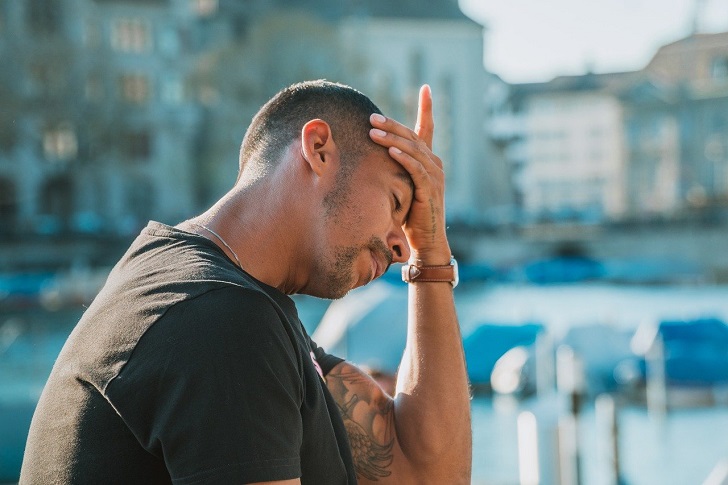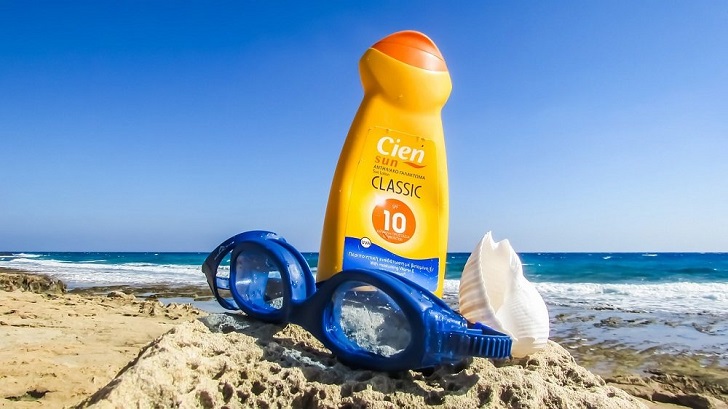Have you ever heard of “sun poisoning?” It’s not actually “poisoning,” as its name suggests, but instead, it is the inflammation that the sun’s ultraviolet rays cause on your skin.
Also known as “polymorphic light eruption,” dermatologists suggest that the condition is genuine and comes with symptoms like redness, skin peeling, and more. While many people can confuse sun poisoning with sunburn, both ailments are different, mainly because if the severity of sun poisoning increases, it can take the form of blisters and fever, or worse!

Before you start panicking, let us assure you, there’s nothing to be worried about. This condition can be prevented and treated if you understand it and follow the right practices. And that’s what this post is aimed at helping you with. So let’s get started.
Read – Sun Allergies and Their Types
Sunburn vs. Sun poisoning
There is quite a difference between sunburn and sun poisoning in terms of symptoms and treatment.
Symptoms: The symptoms of sunburn are red and inflamed skin with tenderness for 30 minutes to 24 hours after sun exposure. On the other hand, signs of sun poisoning include blistering and rashes for 24 to 48 hours after sun exposure, accompanied by reactions like fever, chills, nausea, joint pain, muscle aches, swelling, headaches, Malaise, dehydration, dizziness, and light-headedness.
Treatment: Sunburn can be treated easily with home remedies; however, sun poisoning usually requires medical treatment to prevent complications.

Who is prone to sun poisoning?
Sun poisoning is most common during summers and in sunny areas. People having a lighter skin tone and bright eyes are most prone to this condition, especially redheads. And there’s a scientific reason behind it. The body of such people doesn’t produce melanin in adequate quantities. Melanin is a pigment that absorbs UV light and darkens the skin to form a protective layer.
Apart from them, people who have someone in the family who has skin cancer, or who are taking medicines like antibiotics and oral contraceptives, or who live in a region near the equator are more susceptible to this problem.
Read – How is Skin Cancer caused?
How can Sun Poisoning be prevented?
Here are a few tips to prevent sun poisoning:
- You can prevent the infection from UV rays by wearing the right kind of sunscreen. Sunscreen with a broad-spectrum can fight against UVA and UVB rays with its SPF.
- It would be great to wear sunscreen 15 to 30 minutes before going out in the sun.
- You must limit your sun exposure between 10 am to 2 pm if you are sensitive to sun rays.
- You may also wear sunglasses with UV protection and hats as protective measures.

Conclusion
Sun poisoning is a severe complication and thus requires immediate medical attention. Although you must consult your doctor and get a complete check-up done, for immediate treatment, you may apply a cold compress using, apple cider vinegar, water, milk, or baking soda. Alternatively, use a natural soothing agent like aloe vera.
